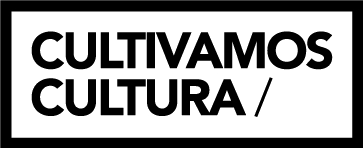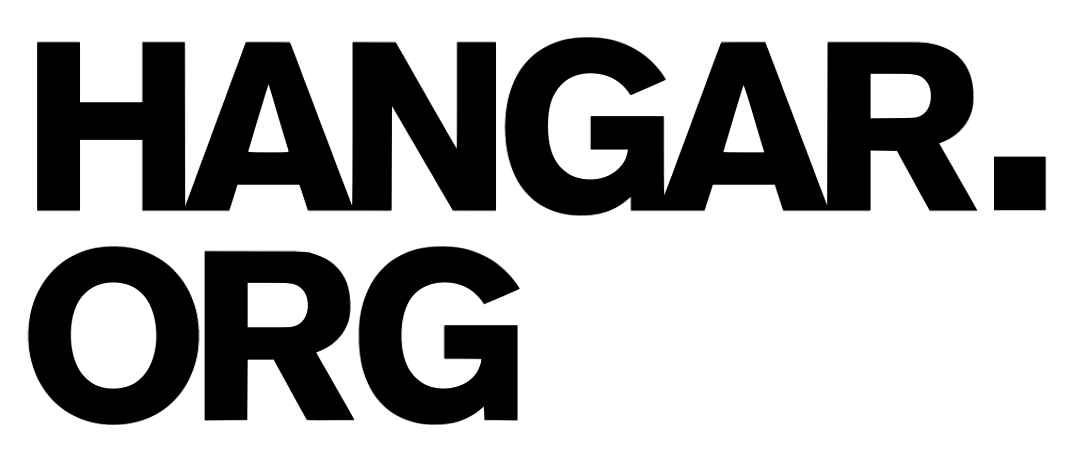
Cultivamos Cultura is a platform for experimentation and development of shared knowledge in the theory and practice of science, technology and contemporary art. It provides conditions to foster creativity and organizes activities in the areas of production, dissemination, research, education and exhibition. Part of its mission is to contribute a strong sense of identity by strengthening the generation of bonds with the local community and environment. It has established a national and international reputation within the specific field of experimental art and bio-art: as the importance and overall impact of art, science and technology has been increasing, a leap is made towards a new level of achievement in the context of bio-art practices and its role in the wider cultural field. The organization is based in Portugal and led by one of the most internationally recognized bio-artists, Marta de Menezes.

KONTEJNER is an NGO from Zagreb engaged in curatorial work, organization of festivals and events, education and social theory, with the main field of interest in progressive contemporary art which investigates the role and meaning of science, technology and the body in our society. Organizing projects in Europe, USA, Canada, Japan and China since 2002, it has curated and organized over 100 exhibitions, performances, lectures, workshops and presentations of international and Croatian artists, theoreticians, philosophers, scientists, hackers and innovators. Working specifically in the framework of cross-sectoral collaborations, it is closely connected to numerous institutions, organizations and individuals – from local hospitals and medical institutions, to the world’s largest scientific laboratories such as CERN.

FBAS is a Helsinki-based association developing, producing and facilitating activities around art and natural sciences with an emphasis on biology, ecology and life sciences. It runs SOLU Space, an artistic laboratory and platform for art, science and society in Katajanokka, Helsinki, and – together with the Kilpisjärvi Biological Station of the University of Helsinki – Ars Bioarctica, an art & science program with focus on the sub-arctic environment. Bioart Society was established in May 2008 and it has more than 110 members from Finland and other countries.

Kersnikova is an NGO serving as an institutional frame for three progressive venues: Kapelica Gallery, a world renown platform for contemporary investigative arts, the hacker space Rampa, where relations between society, science, technology and art are being reconsidered, and the inspirational laboratory BioTehna, which focuses on the artistic research of living systems. Over twenty years of daily activities. Kersnikova Institute is – due to its strong programme focus – marked on the maps of the most interesting international centres dealing with contemporary investigative arts, science and cutting edge technologies, with Kapelica Gallery being one of the most important European references in the support and facilitation of projects that work with the interconnections between art, culture and biotechnologies. Kapelica is one of the galleries from which some of the prestigious Golden Nica (Ars Electronica) awards in the Hybrid Arts category have come out.

Hangar is a centre for artistic production and research of international reference, and it has always encouraged transnational mobility, being part of different international exchange programmes. Furthermore, in recent years, in relation to bio-art and biohacking, Hangar has collaborated with both the Barcelona Biomedical Research Park and the Barcelona Biomedical Research Institute. Hangar’s mission is to support the visual artists and creators during the different phases of their art production processes as well as to contribute to the best development of their projects. For doing so, Hangar facilitates them equipment, facilities, production assistance and a suitable context for experimentation and free knowledge transfer.

RBINS has a more than 150 years outstanding track record of integrated investigations in different biogeographical regions. The institution is in charge of the Museum of Natural Sciences in Bruxelles situated close to Park Leopold, with over 16,000m2 of permanent galleries, temporary exhibition rooms and educational workshops. The main expertise of its more than 100 pre- and postdoctoral researchers (40 permanent scientific staff) lies in animal taxonomy, biodiversity and ecology. RBINS houses an exceptionally rich zoological collection with a total of 37,000,000 specimens with around 100,000 primary types. It also hosts the Geological Survey of Belgium, the National focal point to the Convention on Biological diversity and the Management Unit of the North Sea Mathematical Models.